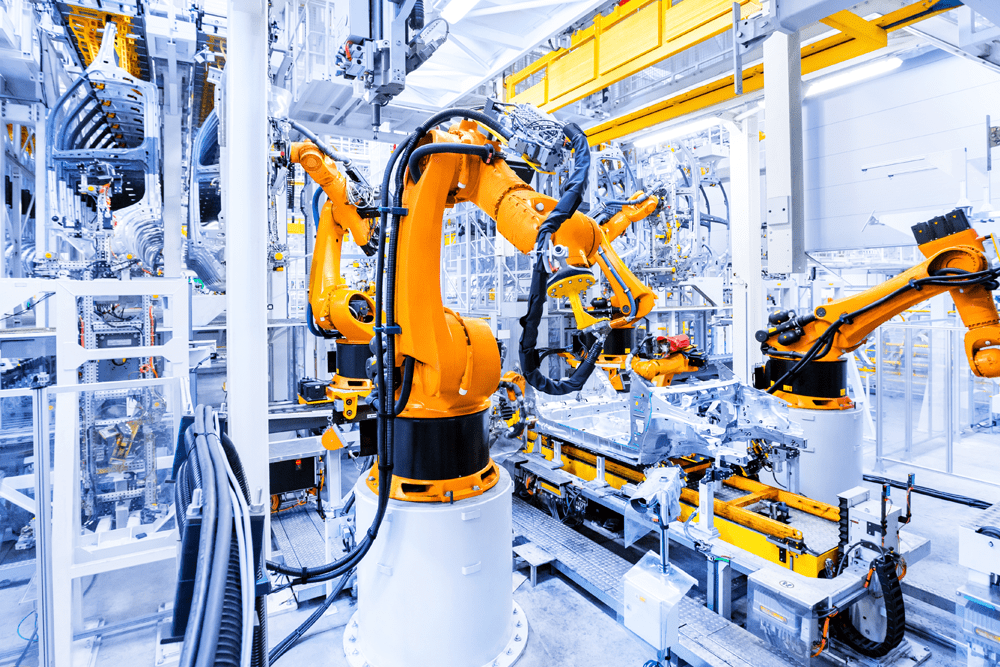In today’s fast-paced business environment, companies are constantly searching for new ways to increase efficiency, productivity, and profitability. One of the ways this is being achieved is through Robotic Process Automation (RPA). RPA is a software technology that allows for the automation of routine tasks using software robots. These robots can mimic the actions of human beings and can perform tasks such as data entry, report generation, and even customer service tasks.
The use of RPA is becoming increasingly popular as it allows businesses to automate tasks that are repetitive, time-consuming, and prone to errors. By utilizing RPA, companies can free up valuable resources and allow staff to focus on more meaningful work. In addition, RPA can also help to reduce costs as fewer staff may be required to perform repetitive tasks.
Robotic Process Automation is not just for large corporations. Small and medium-sized businesses can also benefit from RPA. By automating routine tasks, businesses can become more efficient, reduce errors, and become more profitable.
One of the key benefits of RPA is that software robots are able to work 24/7 without requiring a break. This means that automation can take place around the clock, even when staff are not present. Furthermore, software robots can perform tasks at a much faster rate than humans, which allows for increased productivity and output.
The use of RPA is not just limited to back-office tasks such as data entry and report generation. RPA can also be used in customer service and support. For example, chatbots can be used to provide automated assistance to customers, freeing up staff to deal with more complex queries.
Another area where RPA is being used is in healthcare. With the use of RPA, healthcare professionals can automate the processing of patient data, freeing up time to focus on patient care.

Robotic Process Automation is an innovative technology that is changing the way businesses operate. By automating routine tasks, businesses can increase efficiency, productivity, and profitability. RPA is not just for large corporations, it is also accessible to small and medium-sized businesses. As the technology continues to evolve, it is likely that RPA will become an essential tool for businesses looking to stay ahead of the competition.













